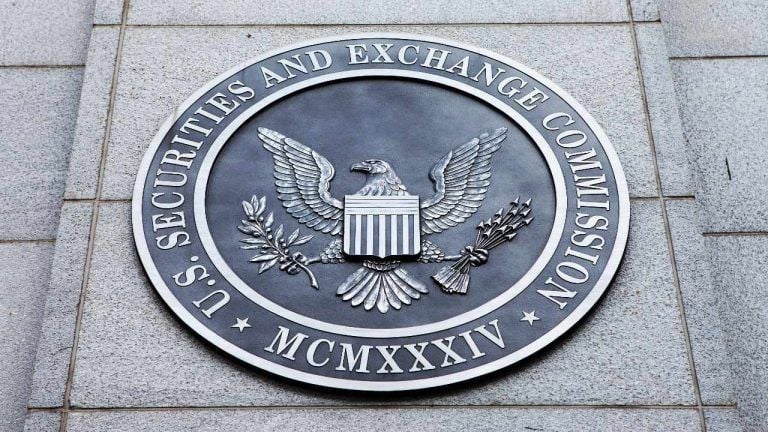
Charles Hoskinson took a jab at the perceived inconsistency in applying decentralization standards by the U.S. Securities and Exchange Commission (SEC).
The United States’ approach to cryptocurrencies could do more harm than good and they risk losing major players by the time they “get their act together,” Cardano founder Charles Hoskinson has said.
“When you look at some of the U.S. regulators, in particular, they’ve done a really good job of alienating most of the industry. They aren’t clear at all,” Hoskinson told Cointelegraph on the sidelines of the recent Abu Dhabi Finance Week.

He took a jab at the perceived inconsistency in applying decentralization standards by the U.S. Securities and Exchange Commission (SEC), stressing that Cardano (ADA) did not conduct an initial coin offering (ICO) and saying ADA vouchers were sold in Japanese territory with no U.S. participation.
“I guess, apparently, that’s under U.S. jurisdiction,” Hoskinson said. “There was an airdrop, but people then sold on Binance and Bittrex… According to the recent court ruling with Ripple, that’s not an investment contract. So it was never really clear how that applies.”
Hoskinson also pointed out that Ethereum, which he said conducted an ICO for their Ether (ETH) token without implementing mandatory Know Your Customer (KYC) and Anti-Money Laundering (AML) checks, and Bitcoin (BTC) were labeled non-security for “some reason.” He said:
“There are a lot of facts and circumstances that are insanely ambiguous, and it seems like it’s just the monster of the week. And if they can’t have success with a layer-one, like Ripple, then they go hit the exchanges… That's not really a well-formed policy.”
On Nov. 20, the SEC filed a complaint in a federal court, alleging that crypto exchange Kraken commingled customer funds and failed to register with the regulator. In the complaint, the SEC listed 16 cryptocurrencies it considered securities, ADA.
Hoskinson contends that the registration process with the SEC is vague as “it’s not possible to actually operate these systems in a reasonable way.” He argued:
“How can any issuer understand who holds the cryptocurrency when they have no control over the distribution? How can you do KYC and AML on every single person in an open decentralized protocol? If the issuer goes out of business and the protocol still operates, what happens? Who registers?
Related: Binance CEO CZ’s downfall is ‘the end of an era’ — Charles Hoskinson
Asked what he wants to see from regulators, Hoskinson said they have to introduce clear, unambiguous policies and implement an open door policy between the crypto industry, regulators and legislators to resolve issues and, if necessary, update laws to reflect emerging technologies.
But while he believes litigation will continue, Hoskinson is positive that the regime and policies will change over time:
“What we’ll likely see is a law passed that removes the ambiguity like the [Financial Innovation Act]... and there will be some regime that between the CFTC and the SEC to sort all of this out.”


















